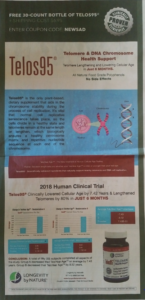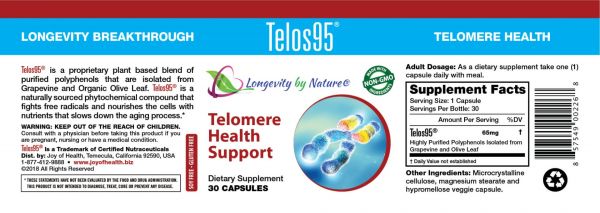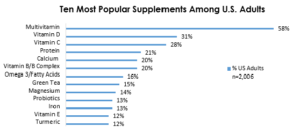Dubious health claim of the week: cranberries and UTIs
The FDA has just announced a Qualified Health Claim for Certain Cranberry Products and Urinary Tract Infections.
The U.S. Food and Drug Administration announced today in a letter of enforcement discretion that it does not intend to object to the use of certain qualified health claims regarding consuming certain cranberry products and a reduced risk of recurrent urinary tract infection (UTI) in healthy women.
Huh?
The FDA does not exactly approve health claims that are not backed up by scientific evidence. It just doesn’t object to them.
This one, no surprise, comes in response to a request by Ocean Spray Cranberries, Inc, which would love to be able to market its products as helping to prevent UTIs (which lots of people believe).
Here’s what the FDA says about the science.
After reviewing the petition and other evidence related to the proposed health claim, the FDA determined that the scientific evidence supporting the claim did not meet the “significant scientific agreement” standard required for an authorized health claim.
Hence, the Qualified health claim.
If Ocean Spray wants to use the claim, it has to put atatements like these on the label:
- For cranberry juice beverages: “Consuming one serving (8 oz) each day of a cranberry juice beverage may help reduce the risk of recurrent urinary tract infection (UTI) in healthy women. FDA has concluded that the scientific evidence supporting this claim is limited and inconsistent.”
- For cranberry dietary supplements: “Consuming 500 mg each day of cranberry dietary supplement may help reduce the risk of recurrent urinary tract infection (UTI) in healthy women. FDA has concluded that there is limited scientific evidence supporting this claim.”
Why does Ocean Spray want this? Because believers will ignore the FDA disclaimers. Ocean spray says:
To that end, Ocean Spray will use its medical attributes in the place they matter most–running a campaign on the WebMD site later this year. “We’re going to be all over WebMD,” he said, noting that the connection between cranberry juice and urinary tract health is the fifth most discussed topic on the influential health site.
Qualified health claims are about marketing, not science.
But I know how you feel. UTIs are awful. If all it takes is cranberry juice….

 What is this?
What is this?

